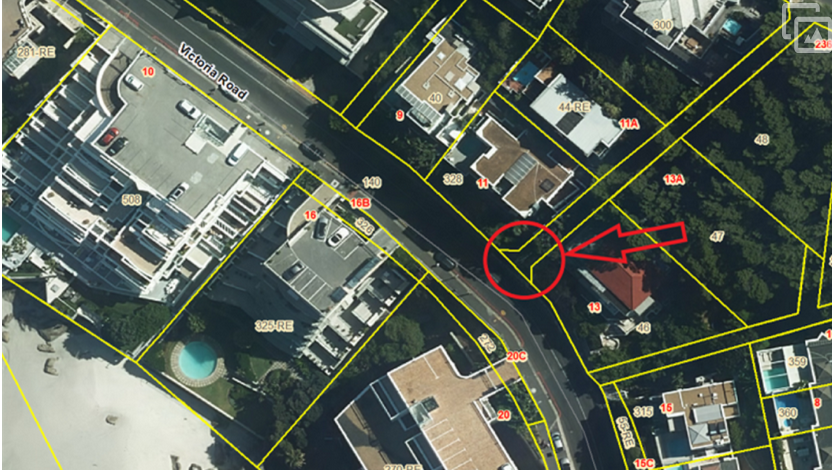An unqualified audit report, Mr Auditor General? Really?

24-04-2014
Read : 120 times
Moneyweb
Source
Municipal audit questioned after R867m in errors show up.
Two chartered accountants (CAs), who looked at the City of Tshwane’s financial statements and audit reports, are very critical of the past two unqualified audit reports that the Auditor General (AG) issued for 2011/12 and 2012/13.
The AG however defended its actions, denying a lack of care or capacity.
Moneyweb earlier reported that Tshwane received an unqualified audit report for 2012/13, with a long list of emphasis of matter.
This included material losses of electricity totalling R622 million and water losses of R404 million, an impairment of debtors to the tune of R3,7 billion, deviation of supply chain management regulations, and various applicable laws and significant deficiencies in internal controls.
The two CAs, who asked not to be named for professional reasons, both said that they would have qualified the statements. The first one said that the material losses, huge outstanding debtors, and lack of internal controls, would have been enough to issue a qualified report.
The second CA agreed, and added that the audit report hardly deals with the City of Tshwane’s creditors. He calculated that it took the City, on average, 121 days to pay its creditors, which flies in the face of the legislative requirement that payment should be made within 30 days.
Both CAs are also very concerned about the restatement of the previous year’s statements, due to the “correction of errors”, and therefore question the unqualified audit report it received. The AG discloses the restatement in his 2012/13 report, and refers to the relevant note in the statements. Looking at that note reveals a total restatement of more than R867 million, with a net change in financial results of R293 million. Nineteen of the 25 lines of the income statement are restated, said the first CA. Both CAs are critical of the fact that the AG did not pick up these mistakes during the audit.
The AG told Moneyweb that the errors related to information that became available to management about the municipality, after the completion of the audit for 2011/12. He quotes Generally Recognised Accounting Practice (GRAP)3, paragraph 43: “Material errors are sometimes not discovered until a subsequent period, and these prior period errors are corrected in the comparative information presented in the financial statements for that subsequent period.”
The AG further said: “Management of COT used the additional information to correct the prior period errors by restating the comparative amounts and the auditor’s responsibility is to audit the prior period error disclosure notes as part of the normal regularity audit. No material findings were noted and an emphasis of matter paragraph was included in the audit report to bring these adjustments to the attention of the reader of the annual financial statements.
“Furthermore, due to the nature of audit, not every transaction is examined and the completeness and accuracy of the consolidated and separate financial statements are not guaranteed. Because of the test nature and other inherent limitations of an audit, together with the inherent limitations of internal control, there is an unavoidable risk that some misstatements may not be detected, even though the audit is properly planned and performed in accordance with the ISAs.
“International Standards on Auditing (ISA) 700 states that the auditor shall form an opinion on the financial statements, considering whether sufficient appropriate audit evidence has been obtained. Audit evidence is defined as information used by the auditor in arriving at the conclusions on which the auditor’s opinion is based. Audit evidence includes both information contained in the accounting records underlying the financial statements and other information.
“At the audit report signing date no evidence indicated to the auditors that the financial statements were materially misstated. Prior period errors disclosed in the financial statements do not result in an incorrect audit opinion of the prior period and the audit report for 2012 is still deemed correct and applicable as it is based on and supported by audit evidence that was available to the audit team at the audit report signing date.
“It is also worth noting that while audit, by its nature does not provide absolute assurance but reasonable assurance, all our audit processes involve stringent internal and external quality control measures and peer review mechanisms to ensure auditing standards are adhered to at all times.”
He denies that the extent of the errors indicate a lack of care or capacity in his office.
The CAs are further concerned about a letter that was sent to staff members on April 2, 2013 by an executive director responsible for financial reporting and assets in the City of Tshwane, stating that accruals from outstanding invoices from 2011/12 resulted in “negative amounts in departmental budgets” in the subsequent financial year.
This indicates that invoices may have been purposefully held back towards the end of the financial year when budgets are depleted, presumably to prevent the municipality ending the year on a deficit. One of the CAs, who has occupied positions in financial management and auditing in various companies, says this practice is only possible with significant manipulation of the SAP financial management system.
The AG confirmed that he is aware of the letter, but refused to comment, “due to it being an internal memo directed at staff of the City and not for the attention of the AG’s office”.
The AG said he still regards the financial statements for 2011/12 that he afforded an unqualified audit opinion, to be a true reflection of the City of Tshwane’s financial affairs, “based on audit evidence the audit team used to formulate their audit opinion. During the concluding and reporting phase of the 2012 and 2013 audit report, no evidence suggested to the audit team that there were material misstatements contained in the financial statements. Correction of prior period errors is a standard accounting practice that is guided by GRAP 3 and does not in any way suggest that financial statements and audit opinions of prior periods are incorrect and invalid.”
Asked how he could be sure that invoices for 2012/13 were not hidden as before, and that the financial statements were indeed a true reflection of the City’s affairs, he said: “As part of the normal regularity audit on creditors and expenditure, the audit team will test for completeness of liabilities. No material findings were raised in relation to incomplete liabilities for the City of Tshwane for the 2013 financial year and the financial statements are considered to be a fair reflection of the financial position and financial performance of the City of Tshwane.”
Recent News
Here are recent news articles from the Building and Construction Industry.
Have you signed up for your free copy yet?









